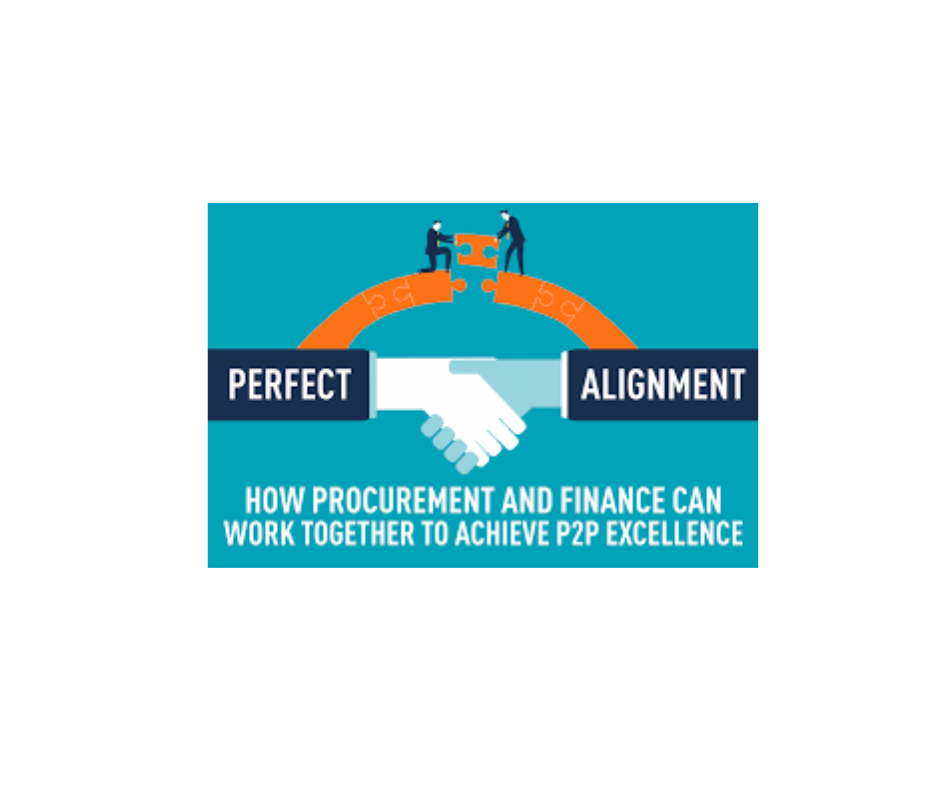
 Why procurement should not report to finance
Why procurement should not report to finance
Operational efficiency, Procurement and finance are separate functions within an organization, each with its own distinct objectives and responsibilities.
While it is common for procurement and finance departments to collaborate closely, there are valid reasons why procurement should not directly report to finance.
Here are a few key points:
1. Independence and Objectivity:
Procurement functions should maintain independence and objectivity to ensure fair and transparent purchasing processes.
By reporting directly to finance, there is a risk of undue influence or conflicts of interest, as finance may prioritize financial goals over procurement considerations, such as quality, reliability, and supplier relationships.
2. Focus on Value Creation:
Procurement’s primary goal is to source goods and services at the best possible value, considering factors like quality, cost, timeliness, and supplier performance.
By operating independently from finance, procurement can focus on strategic sourcing, negotiating favorable contracts.
Finding innovative solutions that drive cost savings and value creation for the organization.
3. Risk Mitigation:
Effective procurement practices involve assessing and mitigating risks associated with suppliers, contracts, and supply chain disruptions.
By reporting directly to finance, procurement may face pressure to prioritize short-term financial gains, potentially compromising risk management efforts, supplier due diligence, and sustainability considerations.
4. Cross-Functional Collaboration:
Procurement interfaces with various departments, including operations, logistics, legal, and quality assurance.
Reporting to finance may limit effective collaboration and communication between procurement.
Other functions, hindering the integration of procurement strategies with broader organizational goals.
5. Compliance and Ethical Considerations:
Procurement activities involve adherence to ethical standards, compliance with regulatory requirements, and fair competition principles.
By maintaining an independent reporting structure, procurement can establish and enforce ethical sourcing practices, implement robust supplier evaluation processes,and ensure compliance with applicable laws and regulations.
6. Performance Evaluation:
Procurement’s performance is typically assessed based on key performance indicators (KPIs) related to cost savings, supplier performance, risk mitigation, and efficiency.
Having an independent reporting line allows for a more accurate assessment of procurement’s contribution to organizational objectives, rather than solely focusing on financial metrics.
It’s important to note that while procurement and finance should operate independently, close collaboration and communication between the two functions are crucial. Establishing effective cross-functional processes, sharing relevant information.
Aligning goals can optimize procurement’s contribution to financial performance and overall organizational success. Operational efficiency
To visit https://www.incometax.gov.in
FAQs
1.What is the primary role of procurement?
Answer: Procurement focuses on sourcing goods and services, managing vendor relationships, and ensuring that the organization gets the best value for its purchases.
2. Why is procurement considered a strategic function?
Answer: Procurement plays a key role in achieving the company’s goals by aligning purchasing decisions with business strategy, thus impacting overall performance.
3. How does reporting to finance affect procurement’s focus?
Answer: If procurement reports to finance, its priorities may shift towards cost-cutting rather than value creation, which can hinder innovation and supplier relationships.
4. Can finance understand the nuances of procurement?
Answer: While finance professionals are skilled in budgeting and financial analysis, they may lack the specialized knowledge needed to navigate complex supplier markets effectively.
5. What is the risk of having procurement prioritize cost over quality?
Answer: Focusing solely on cost can lead to poor-quality purchases, resulting in higher long-term costs and damage to the organization’s reputation.
6. How does procurement contribute to risk management?
Answer: Procurement assesses supplier reliability and market conditions, helping to mitigate risks that finance may not prioritize or understand fully.
7. Why is collaboration essential between procurement and other departments?
Answer: Procurement must collaborate with departments like operations and marketing to understand their needs and ensure the right products and services are sourced.
8. How can procurement drive innovation?
Answer: Procurement can identify and collaborate with innovative suppliers, which can lead to new products or improvements that finance may not prioritize.
9. What happens to supplier relationships if procurement reports to finance?
Answer: Supplier relationships may suffer because a finance-driven approach might focus on short-term cost savings rather than long-term partnerships.
10. What is the ideal reporting structure for procurement?
Answer: Ideally, procurement should report to senior management or operations, allowing it to align closely with the organization’s strategic goals while maintaining its independence and focus on value.

For further details access our website https://vibrantfinserv.com
